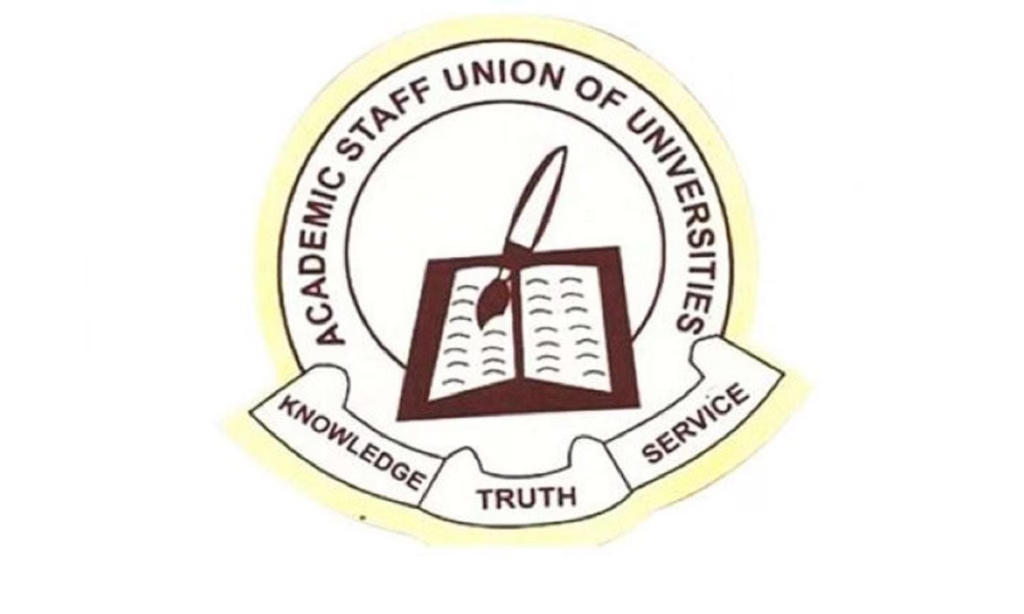In a significant development, the Academic Staff Union of Universities (ASUU) in Nigeria has elected a new president, Prof. Chris Piwuna, a consultant psychiatrist at the University of Jos Teaching Hospital. This change in leadership comes at a critical time for the union, which has been grappling with several challenges, including issues surrounding the sharing formula of earned Academic Allowances and the threat of industrial action.
Prof. Piwuna, who also serves as the Dean of Student Affairs at the University of Jos, was elected at the 23rd National Delegates Congress of the Union, held in Benin on Sunday. He defeated Prof. Adamu Babayo from the Abubakar Tafawa Balewa University, Bauchi, to take the reins from the outgoing president, Victor Osodeke, a professor of soil science from the Michael Okpara University of Agriculture, Umudike, Abia State.
The election of Prof. Piwuna as the new president of ASUU is seen as a significant move, given the current landscape of the education sector in Nigeria. The union has been at the forefront of advocating for the rights of university workers, and the new president will be expected to navigate the complex issues facing the sector. One of the key challenges he will face is addressing the concerns surrounding the sharing formula of the earned Academic Allowances, which was recently released by the Federal Government of Nigeria.
The Federal Government had announced that President Bola Ahmed Tinubu approved N50 billion to clear unpaid allowances of varsity workers, a move that was seen as a step in the right direction. However, the union has expressed reservations about the sharing formula, which has led to speculation about potential industrial action. Additionally, the issue of brain drain, which has been a persistent challenge for the Nigerian education sector, will also require the attention of the new president.
As Prof. Piwuna takes over the leadership of ASUU, he will be expected to build on the work of his predecessor and find solutions to the pressing issues facing the union. With his experience as a consultant psychiatrist and academic administrator, he is well-positioned to provide the leadership needed to address the challenges facing the education sector in Nigeria. The international community will be watching with interest as he navigates the complexities of his new role and works to advance the interests of university workers and the education sector as a whole.
